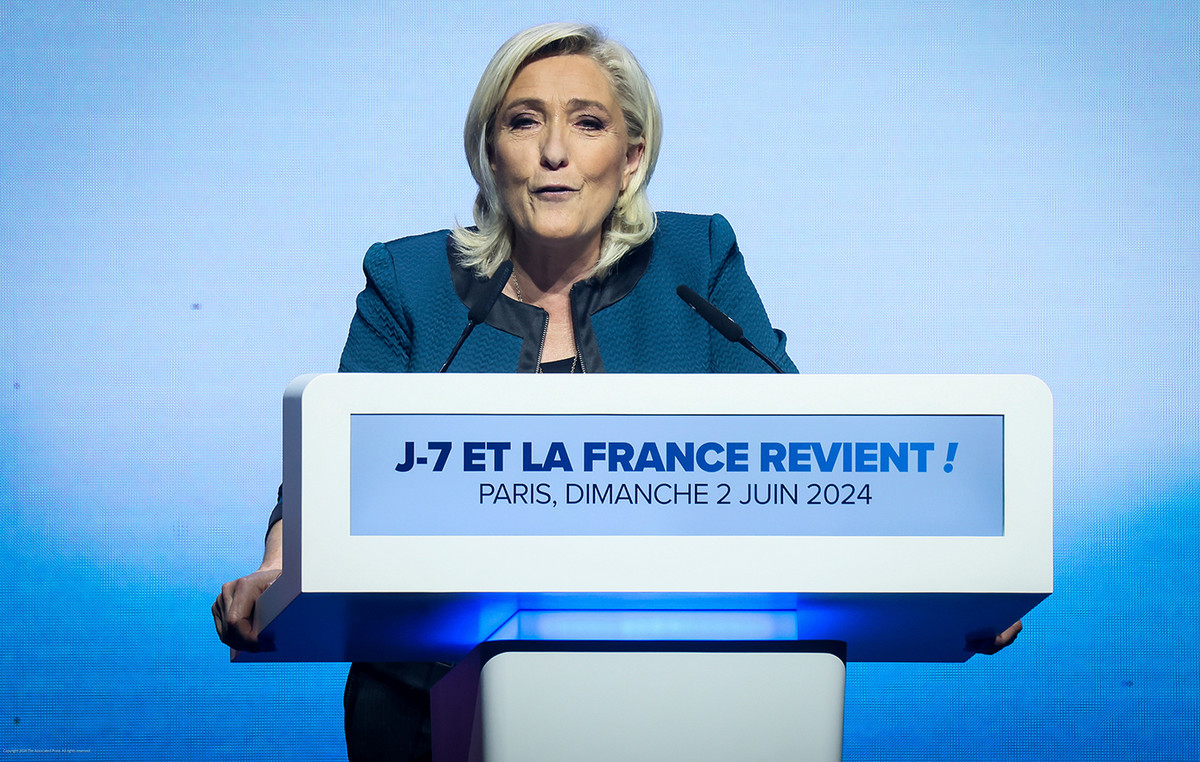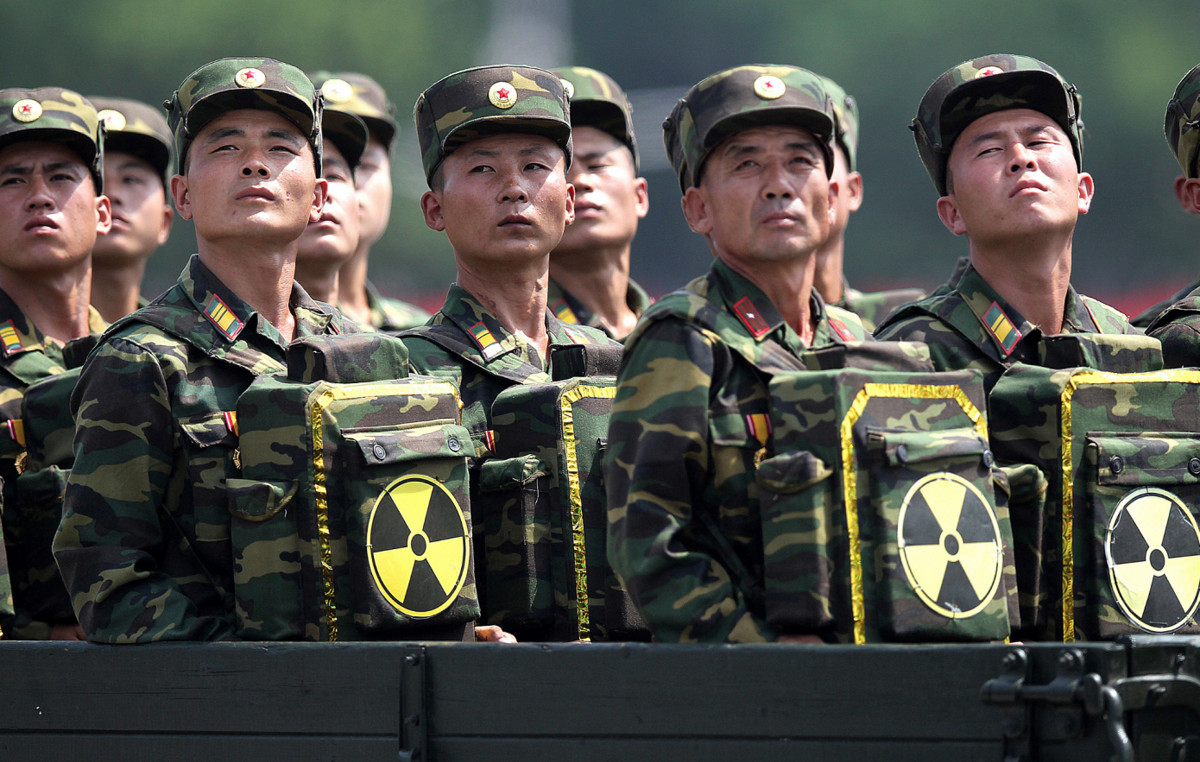Russia has promised to discharge Indian citizens who were “misled” into joining its army to fight in Ukraine, India’s foreign secretary said on Tuesday (9).
Indian Prime Minister Narendra Modi “strongly raised the issue of early release” with Russian President Vladimir Putin during his two-day trip to Moscow this week, stressing the need to bring all Indians home “as early as possible,” India’s Foreign Secretary Vinay Mohan Kwatra said.
“The Russian side has promised early dismissal of all Indian citizens from Russian army service,” he said.
Moscow has not commented on the deal, but New Delhi has been pushing for months for the release of its citizens from the Russian military, telling CNN in April that it was a “top priority.” India’s external affairs ministry previously told CNN who is in continuous contact with the Russian authorities to secure his release.
By some estimates, Russia has sent thousands of foreign troops to fight in Ukraine since Putin ordered a full-scale invasion of its southwestern neighbor in February 2022.
Many of them are young men from South Asia, attracted by the prospect of stable jobs and higher wages in Russia. In Nepal, prominent opposition lawmaker and former foreign minister Bimala Rai Paudyal told parliament earlier this year that between 14,000 and 15,000 Nepalis were on the front lines, citing testimonies from men who had returned from Ukraine.
The Russian government last year announced a lucrative package for foreign fighters to join the country’s military, including a monthly salary of at least $2,000 and a fast track to Russian citizenship — but the Kremlin has not said how many foreigners it has recruited under the plan.
In early March, India’s Central Bureau of Investigation (CBI) said it had dismantled large human trafficking rings that were luring men into Russian military jobs, identifying 35 such cases.
“The trafficked Indian nationals were trained in combat roles and deployed at frontline bases in the Russia-Ukraine war zone against their will,” the CBI statement said.
Speaking to reporters on Tuesday, Kwatra said he did not know the exact number of Indians recruited to fight for Russia in Ukraine, but he estimated it to be between 35 and 50 people.
Of these, 10 Indian nationals have already returned to India, he said.
“Now both sides will work on it and see how quickly we can bring them back to the country,” Kwatra said.
India has no law preventing its citizens from serving in the armed forces of a foreign state.
A family from the southern Indian city of Hyderabad recently told CNN who spent two months trying to find out what happened to his brother after he traveled to Russia with the promise of job opportunities.
Imran Mohammad said an employment agency lured his brother Asfan Mohammed with an offer of aide and security guard jobs in the Russian army, saying he could obtain a Russian passport and national card within a year.
Instead, Asfan was sent to the battlefield in Ukraine and killed in action.
“These brokers cheated the boys and put their lives in danger,” Imran said, referring to Asfan and other Indians sent to war.
In neighboring Nepal, lawmakers called on Russian authorities to provide figures on its citizens fighting in Ukraine.
Several returned Nepalese fighters who spoke to the CNN earlier this year they blamed Russia for using them as disposable pawns in the war.
“It is the Nepalese and other foreign fighters who are actually fighting on the front lines in the war zones. The Russians are positioned a few hundred metres behind as support,” said Suman Tamang after returning from Russia.
Nepalese who fought for Russia said they received only brief training before being sent into combat.
Ramchandra Khadka, who returned to Nepal after sustaining injuries in Ukraine, said to CNN who after just two weeks of training, was sent to the front line in Bakhmut – a town in eastern Ukraine that saw some of the most intense fighting between Russian and Ukrainian forces – with a weapon and basic kit.
“I didn’t join the Russian army for pleasure. I didn’t have any job opportunities in Nepal. But now that I think about it, it wasn’t the right decision,” Khadka said. “We didn’t know that we would be sent to the front lines so quickly and how horrible the situation would be.”
Source: CNN Brasil
Bruce Belcher is a seasoned author with over 5 years of experience in world news. He writes for online news websites and provides in-depth analysis on the world stock market. Bruce is known for his insightful perspectives and commitment to keeping the public informed.







